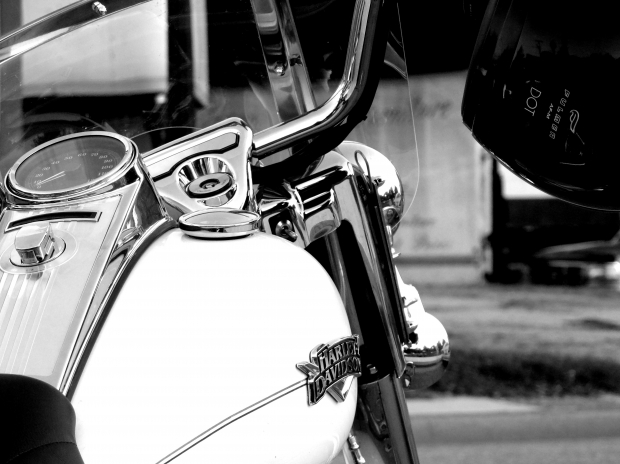There was a reason motorcyclists were motivated by the hundreds in a show of political might to cram into the Florida Capitol building last month: Tort reform. The controversial bill (House version HB 837 and Senate version SB 236) was fast-tracked through the legislature and signed by the governor within hours of it hitting his…
Continue reading ›Articles Posted in Fort Lauderdale motorcycle accident lawyer
Community growth can be seen in almost every area in South Florida. This growth means we need to expand our roads, update our bridges and install new traffic features. All of this involves construction as a near constant element of our commute. For motorcyclists, riding in construction zones can be especially hazardous. According to the…
Continue reading ›The widow of a man killed in a motorcycle accident earlier this year has filed a wrongful death lawsuit against three defendants: The driver of the vehicle, the owner of the vehicle and the bar that served the driver alcohol prior to the crash. The Times Free Press reports that the fatal accident, which happened…
Continue reading ›















